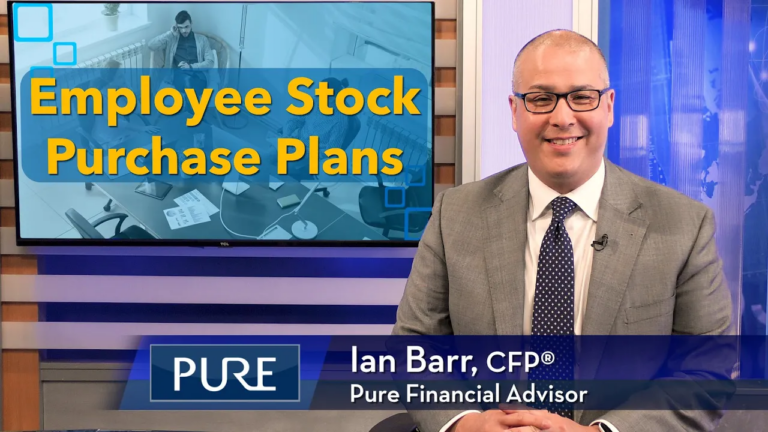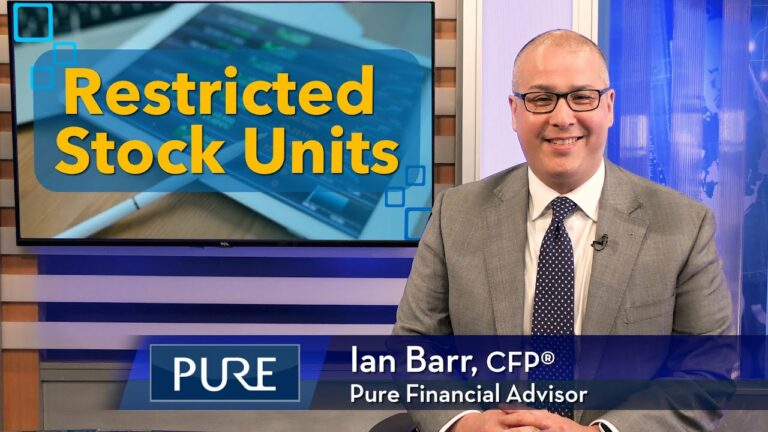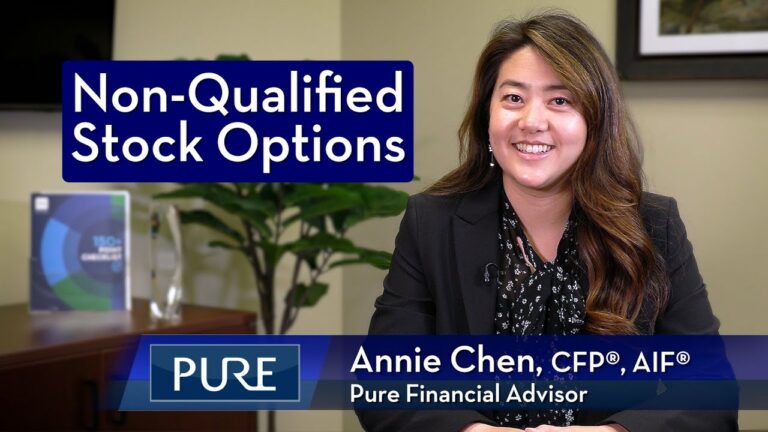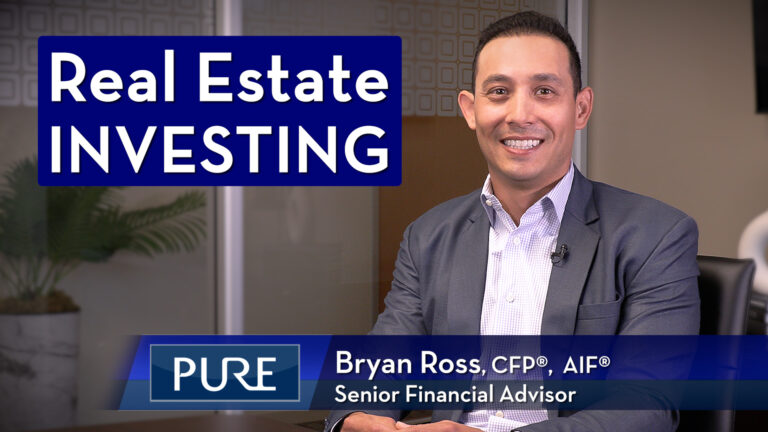Estate planning is crucial for ensuring your assets and wishes are honored after you’re gone. Avoiding common mistakes is essential to protect your assets and retirement plans. Pure’s Associate Advisor, Patrick Robinson, CFP®, shares four key errors to watch out for.
- Not Having an Estate Plan
- Doing It Yourself
- Not Appointing the Right Trustee and Executor
- Not Executing the Plan
FREE GUIDE | Estate Plan Organizer
Transcript
Estate planning is a crucial step in the development and implementation of a comprehensive plan. After you have passed on, the instructions that you leave for your assets are your last remaining legacy. This action will ensure that your heirs are protected from potential areas of threat and the rightful recipient is in possession of your assets.
Mistake #1: Not Having an Estate Plan
Not having a plan is one of the larger mistakes associated with estate planning. This mistake can be very costly for your loved ones and causes. If the intent was for someone that you care for to receive your gift after you have departed, remove the costly and frustrating process of probate. Alike, don’t leave your assets up to potentially being taken over by the state in the way of escheatment. Your trusted advisor should be asking about your estate plans part of your financial life early in your engagement process to know more about your finances overall. This may also come up when asking about how they are holding title and who are the beneficiaries are.
Mistake #2: Doing It Yourself
In the information access era that we live in, there are many services devoted to capture what many individuals need and have them pay for the service. So much can be done at on demand and from an application downloaded on your smart phone. However, the specific instructions that you want to provide may require a more qualified review. Using a one-size fits all approach to your estate plans could lead to unintended consequences such as errors and omissions. Instead, consult with a professional that specializes in the field in which you need customization and can provide valuable advice to improve your specific instructions.
Mistake #3: Not Appointing the Right Trustee and Executor
When making plans after you have moved on, it is important to select a trusted person that will serve as coordinator of your wishes. This person can be a trustee or executor of your estate. It is important that this person has your interests at heart and is trustworthy, as they should want to see your wishes become fulfilled while you are no longer here. It may also be a good idea to have a backup person in case your first choice becomes unavailable. Remember, this trusted individual would be in communication with your loved ones, and they should not have any conflicts of interest by going out to execute your wishes.
Mistake #4: Not Executing the Plan
So, you have done the research and leg work to get started with your estate plans. You went and saw a qualified attorney and they drafted documents for you and your family to make certain that your wishes will be fulfilled. The last and most critically important step is to have the plan finalized. This is you taking those documents to the respective account locations and having accounts titled as recommended. Many times, this final step can be overlooked as clients have spent several hours planning with meeting their attorney and become exhausted so close to the finish line. Don’t stop short of the finish line. Follow-up thoroughly with implementation of the plan and furthermore, confirmation of the execution. Finally, making sure that your plans are up to date every 3-5 years as many tax laws and statutes change as there is turnover from elected officials.
Unsure on how to incorporate your estate plan in your overall retirement planning, take advantage of Pure’s free financial assessment and get your questions answered.
Subscribe to our YouTube channel.
IMPORTANT DISCLOSURES:
• Investment Advisory and Financial Planning Services are offered through Pure Financial Advisors, LLC, a Registered Investment Advisor.
• Pure Financial Advisors LLC does not offer tax or legal advice. Consult with your tax advisor or attorney regarding specific situations.
• Opinions expressed are subject to change without notice and are not intended as investment advice or to predict future performance.
• Investing involves risk including the potential loss of principal. No investment strategy can guarantee a profit or protect against loss in periods of declining values.
• All information is believed to be from reliable sources; however, we make no representation as to its completeness or accuracy.
• Intended for educational purposes only and are not intended as individualized advice or a guarantee that you will achieve a desired result. Before implementing any strategies discussed you should consult your tax and financial advisors.
CFP® – The CERTIFIED FINANCIAL PLANNER™ certification is by the Certified Financial Planner Board of Standards, Inc. To attain the right to use the CFP® designation, an individual must satisfactorily fulfill education, experience and ethics requirements as well as pass a comprehensive exam. Thirty hours of continuing education is required every two years to maintain the designation.












